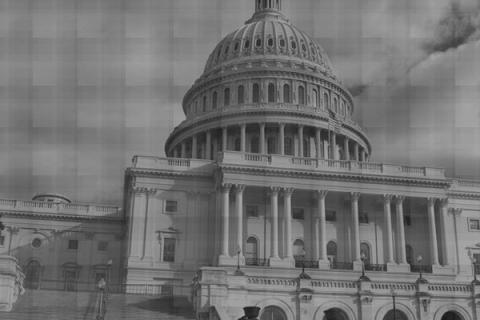From fights for equality in schooling overseas to new approaches to the issues that affect our campuses, education in 2012 had its share of highlights and headlines. By no means does this cover all of the significant events that may transform the future education, but here are a few to note:
Malala Yousafzai Protest for Female Education
In the Swat Valley of Pakistan, a young girl named Malala Yousafzai is known as an activist for equal educational opportunities in her country. The Taliban banned female education in the area. On October 9, Taliban gunmen attempted to assassinate Yousafzai for "symbolizing Western culture."
She survived the attack and her voice was amplified across the world. The United Nations initiated a petition to demand Pakistan provide education for all its children.
California's Proposition 30: Governor Jerry Brown's Education Tax Initiative
The state of California was facing a $6 billion cut from public education funding leading up to the election. In response, Governor Jerry Brown pushed for a tax initiative that would mitigate the potential loss in funding. California voters passed the measure with 53 percent of the vote.
Proposition 30 instates income tax increases on Californians making $250,000 or more a year. State sales tax will also increase by 0.25 percent. Both tax increases go into effect on January 1.
Indiana Superintendent of Public Instruction Tony Bennett Unseated
Former Indiana Superintendent Tony Bennett, the incumbent, was defeated by educator Gloria Ritz in an election 2012 upset. He was said to have the most aggressive education reform policies of any education official.
The upset highlighted the weakness of the Republican Party in 2012 since Bennett was supported by the party. The GOP traditionally has strong support in Indiana.
Bennett outspent Ritz by $1 million during the election cycle despite losing. Ritz received most of her support from teachers unions.
Army ROTC Program Returns to Harvard University After 43 Years
Harvard University began to formally recognize its Army Reserve Officer's Training Corps (ROTC) in March. The program was expelled in 1969 after anti-Vietnam War protests dominated college campuses.
The Army ROTC program is now partially funded by the school and may use campus grounds. Harvard also began recognizing a Navy ROTC program last year after the repeal of "Don't Ask, Don't Tell."
Harvard students wishing to participate in Army ROTC previously had to do so through the Massachusetts Institute of Technology (MIT).
Teachers' Union Strike in Chicago
On September 10, the Chicago Teachers Union went on a strike. During the time of the protests, Mayor Rahm Emanuel and CTU President Karen Lewis highlighted a disconnect on collective bargaining rights and school reforms.
The CTU ended the strike on September 19 and later ratified a deal that established improved pay and benefits for teachers. The strike involved nearly 30,000 teachers and affected around 350,000 students.
Race to the Top-District Winners
Earlier this month, the Department of Education announced sixteen winners of the Race to the Top-District competition. The competitive grant is awarding $400 million to the winners. The money is split proportionally among the fifty-five school districts that are encompassed by the finalists.
First Senate Hearing on School-to-Prison Pipeline Issue
The school-to-prison pipeline is the name given to the phenomenon where strict disciplinary policies in schools foster bad student behavior. The Senate Judiciary Committee heard this issue for the first time and several testimonies were given to vouch for the reality of the school-to-prison pipeline.
The American Civil Liberties Union (ACLU) also pushed for certain bills to pass in Congress to improve the nature of school disciplinary policies.
Total U.S. Student Loan Debt Reached $1 Trillion
On May, 8, 2012, the total student loan debt in the United States reached $1 trillion. It was estimated that total student debt would reach this number in late 2011 when interest was taken into account, but was difficult to calculate.
The student debt crisis continues to grow and the federal government has initiated a new plan for student to repay their debt, known as "Pay As You Earn."
Supreme Court Hears Case on Affirmative Action in Higher Education
Abigail Fisher applied to the University of Texas, Austin in 2008 and was denied admission. Her and her family filed a lawsuit against the university for violation of the Equal Protection Clause of the 14th Amendment.
The argument is that she was denied because of race and the use of Affirmative Action in the admission process. The case made its way to the Supreme Court. Oral arguments were heard in October.
Fisher v. University of Texas is the third Supreme Court case involving Affirmative Action in college admissions. A court decision is expected in June 2013.

